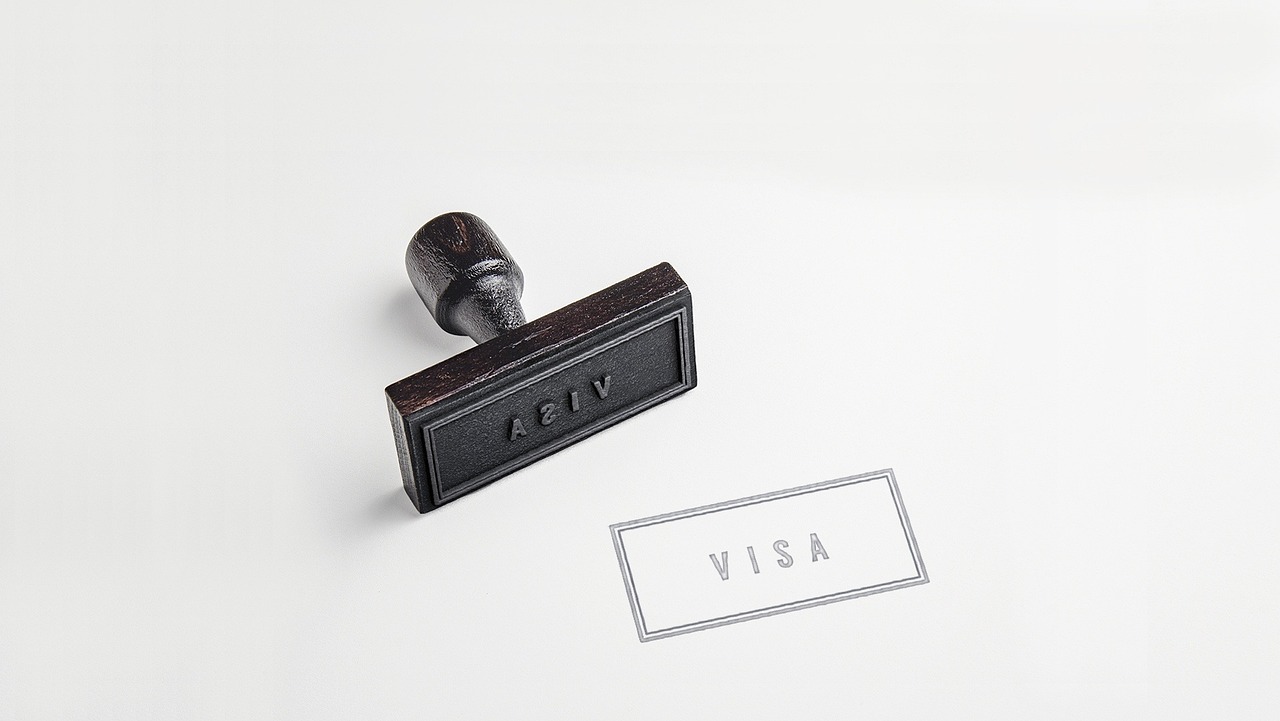· Green Card · 2 min read
B1/B2 Visas in the United States: What You Can and Cannot Do
The B1/B2 visa is a flexible option for short-term travel, covering both business and leisure. It is best used for attending meetings, tourism, medical visits, and short-term courses. However, it is not a work or study visa, and misuse can have long-term immigration consequences.

B1/B2 Visas in the United States: What You Can and Cannot Do
Traveling to the United States under a B1/B2 visa can open many opportunities, but it also comes with clear limitations. At Capitol Law Partners, we often receive questions from clients about what activities are legally permitted on these visas and which ones may cause immigration issues. Below, we break it down for you in a practical, easy-to-understand way.
What You Can Do with a B1/B2 Visa
A B1 visa is designed for business-related activities, while a B2 visa covers tourism and personal visits. Commonly allowed activities include:
- Business (B1): Attending meetings, negotiating contracts, participating in conferences or trade shows, and short-term training.
- Tourism (B2): Sightseeing, vacationing, visiting friends and family, attending cultural or social events.
- Medical Treatment: Seeking specialized medical care in the U.S. is also permitted under the B2 category.
- Short-term study (non-degree): Certain recreational classes or workshops are allowed, provided they are not part of a degree program.
These activities are considered temporary and non-immigrant in nature, which means they align with the purpose of the B1/B2 visa.
What You Cannot Do with a B1/B2 Visa
While the visa allows for multiple activities, there are strict limitations you must respect:
- No Employment: You cannot work for a U.S. employer or receive salary inside the United States.
- No Long-term Study: Enrollment in a degree program or full-time education is prohibited.
- No Residency: A B1/B2 visa does not provide a path to permanent residency or long-term stay.
- No Unauthorized Business: You cannot set up or actively manage a U.S. business while on this visa.
Violating these restrictions can lead to serious immigration consequences, including visa revocation or future entry bans.
Why Legal Guidance Matters
Immigration rules are detailed and sometimes confusing. Many travelers unintentionally overstep their visa limits, which may affect future applications. At Capitol Law Partners, our attorneys provide personalized guidance to help you maximize the opportunities of your B1/B2 visa while staying compliant with U.S. immigration law.

